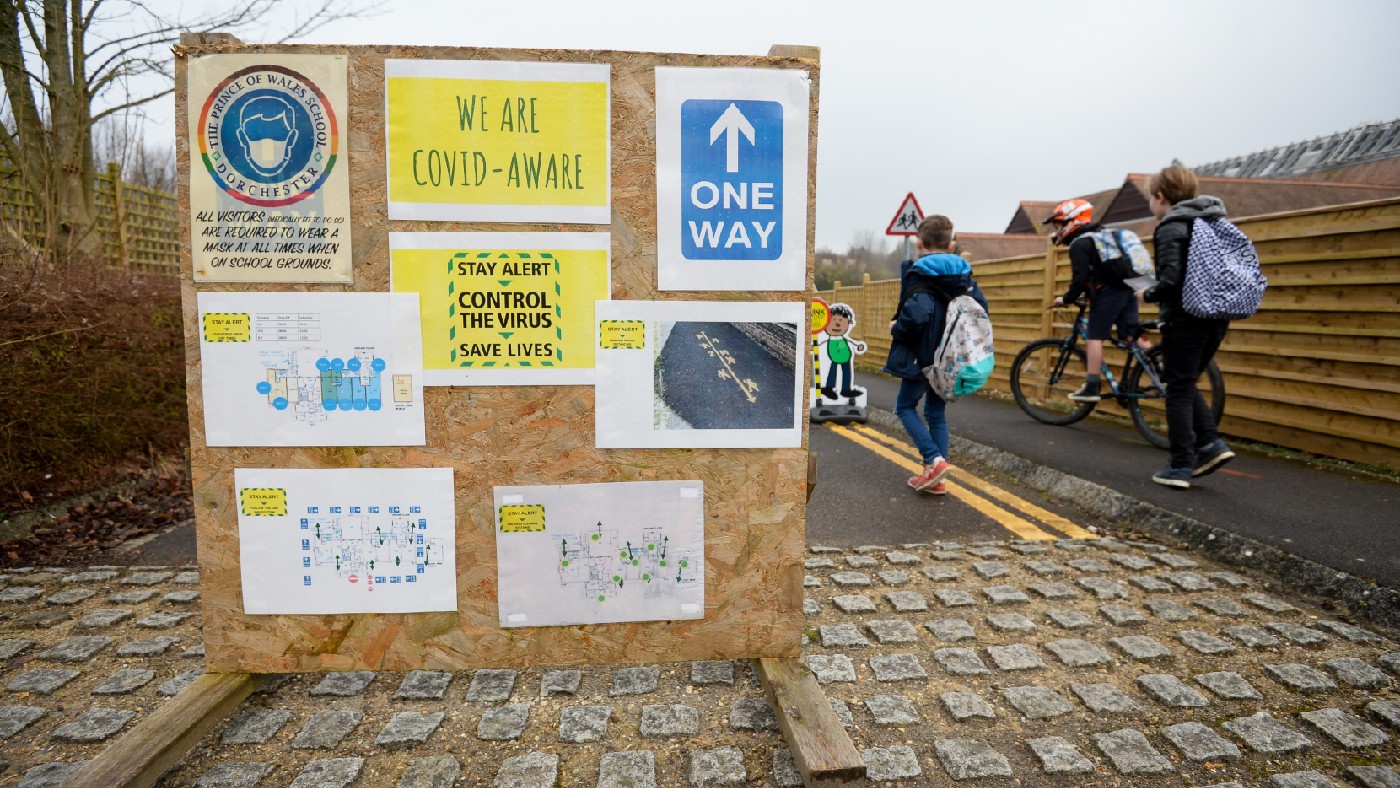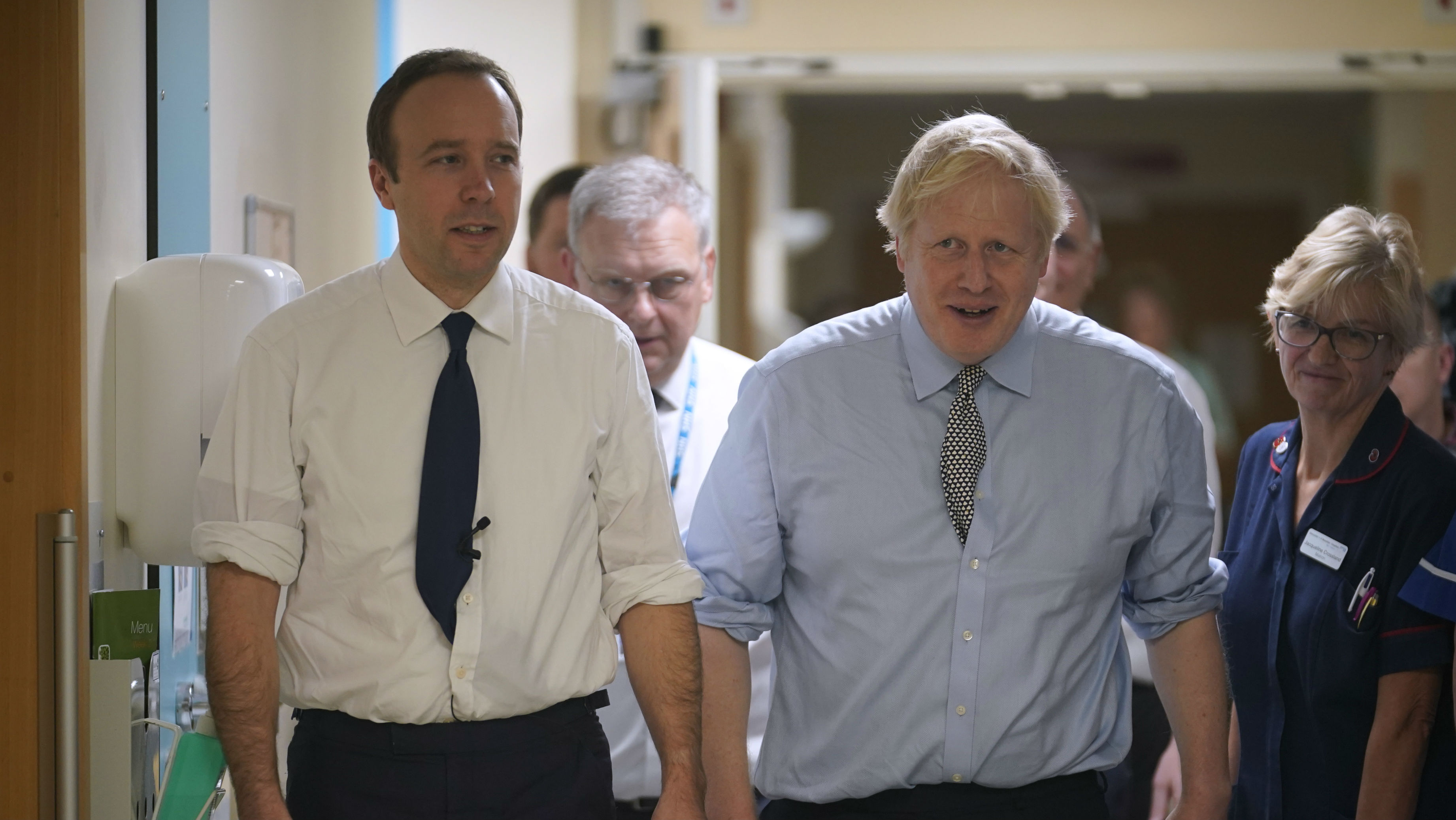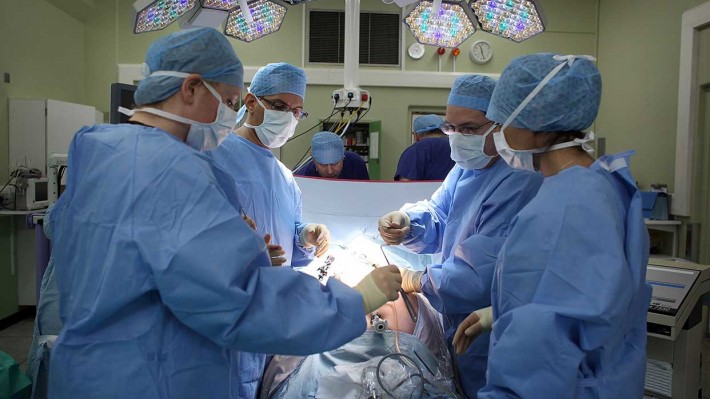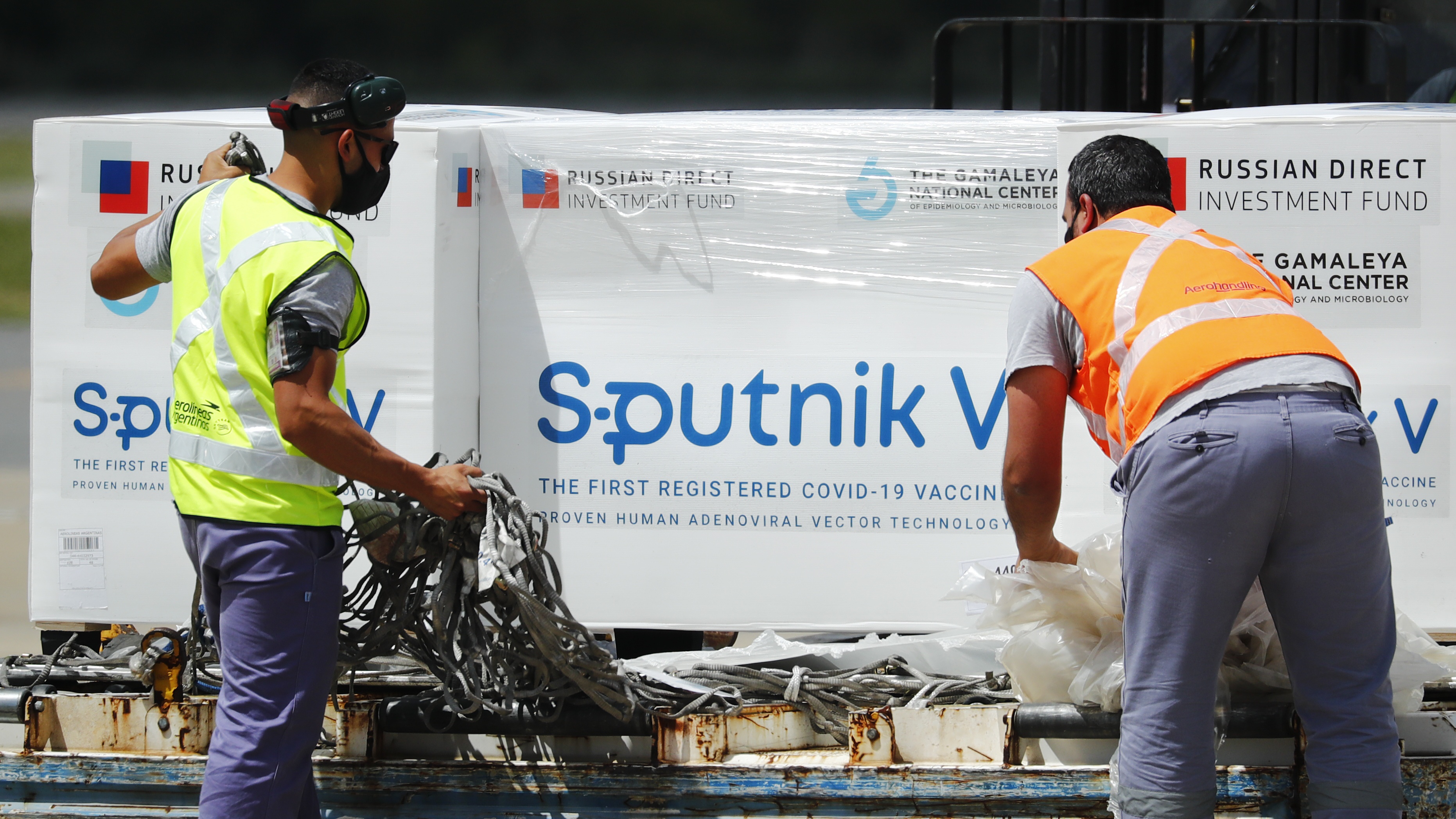Why are sepsis deaths in NHS hospitals on the rise?
Almost 16,000 patients in England died from the lethal condition last year

A free daily email with the biggest news stories of the day – and the best features from TheWeek.com
You are now subscribed
Your newsletter sign-up was successful
The number of NHS patients dying from sepsis has risen by more than a third in two years, a new study has found.
Data collected by Sir Brian Jarman, emiterus professor of primary health care at Imperial College London, reveal that there were 15,722 sepsis-related deaths in hospital or within a month of discharge in the year ending April 2017.
Sepsis is “the body’s overwhelming and life-threatening response to infection that can lead to tissue damage, organ failure, and death”, says advocacy organisation Sepsis Alliance.
The Week
Escape your echo chamber. Get the facts behind the news, plus analysis from multiple perspectives.

Sign up for The Week's Free Newsletters
From our morning news briefing to a weekly Good News Newsletter, get the best of The Week delivered directly to your inbox.
From our morning news briefing to a weekly Good News Newsletter, get the best of The Week delivered directly to your inbox.
Melissa Mead, whose baby son William died of sepsis following a chest infection in December 2014, has been campaigning for greater awareness of the condition. Mead, from Cornwall, said: “Whilst you have a lack of public awareness you are going to have people who are sitting at home, feeling poorly, and don't even realise that sepsis is even a thing.”
What is sepsis?
Sepsis is a severe and life-threatening illness caused by the body’s response to an infection. It develops “when the chemicals the immune system releases into the bloodstream to fight an infection cause inflammation throughout the entire body instead”, says information site Healthline.
There are three stages of sepsis, which is also known as bacteremia, or blood poisoning. The illness is classified as severe sepsis when signs of organ dysfunction are present, such as difficulty breathing, low or no urine output, abnormal liver tests, or changes in mental status. “Nearly all patients with severe sepsis require treatment in an intensive care unit (ICU),” says Sepsis Alliance.
A free daily email with the biggest news stories of the day – and the best features from TheWeek.com
Septic shock is the most severe level and is diagnosed when blood pressure drops to dangerous levels. It can result in gangrene and limb amputations, and has a 50% mortality rate.
Why are sepsis death rates soaring?
The author of the new report on sepsis deaths in NHS hospitals believes staff shortages and overcrowding on wards mean many cases are not being spotted quickly enough.
“The biggest thing that’s important seems to be the number of staff - doctors per bed. One of the important things is the overcrowding of hospitals. The level of overcrowding shouldn’t be more than 85% [bed occupancy], and it’s been going over 90% in recent years,” Sir Brian told the BBC’s Today programme.
He added: “The treatment for sepsis, if it’s caught early enough, involves very basic interventions - looking for the source of the infection, giving antibiotics.
“For every hour we delay in giving antibiotics, the patient’s risk of dying increases by a few per cent, so it’s essential that we spot it early and deliver the basics of care quickly.”
Responding to the findings, NHS England argued that more conditions were being classed as sepsis than before and that this was the reason for higher numbers.
A spokesperson said: “Over the past three years there has been huge effort across the NHS to increase clinical recognition of, and recording of, sepsis.
“That improved method of recording means some cases previously recorded as simple infections are now classified as sepsis. So this data does not prove an increase in sepsis cases per se.”
-
 Political cartoons for February 16
Political cartoons for February 16Cartoons Monday’s political cartoons include President's Day, a valentine from the Epstein files, and more
-
 Regent Hong Kong: a tranquil haven with a prime waterfront spot
Regent Hong Kong: a tranquil haven with a prime waterfront spotThe Week Recommends The trendy hotel recently underwent an extensive two-year revamp
-
 The problem with diagnosing profound autism
The problem with diagnosing profound autismThe Explainer Experts are reconsidering the idea of autism as a spectrum, which could impact diagnoses and policy making for the condition
-
 Neanderthal gene ‘caused up to a million Covid deaths’
Neanderthal gene ‘caused up to a million Covid deaths’Speed Read Genetic tweak found in one in six Britons means cells in the lungs are slower to launch defences
-
 Legalising assisted dying: a complex, fraught and ‘necessary’ debate
Legalising assisted dying: a complex, fraught and ‘necessary’ debateSpeed Read The Assisted Dying Bill – which would allow doctors to assist in the deaths of terminally ill patients – has relevance for ‘millions’
-
 Vaccinating children: it’s decision time for the health secretary as kids return to school
Vaccinating children: it’s decision time for the health secretary as kids return to schoolSpeed Read Sajid Javid readying NHS England to roll out jab for children over 12, amid fears infections will rocket
-
 ‘Vaccination blunts, but does not defeat’: exploring Israel’s fourth Covid wave
‘Vaccination blunts, but does not defeat’: exploring Israel’s fourth Covid waveSpeed Read Two months ago, face masks were consigned to bins. Now the country is in a ‘unique moment of epidemiological doubt’
-
 Thousands told to self-isolate in Covid app pinging error, claims Whitehall whistleblower
Thousands told to self-isolate in Covid app pinging error, claims Whitehall whistleblowerSpeed Read Source says Matt Hancock was privately told of the issue shortly before he resigned as health secretary
-
 Record 5.45m people on NHS England waiting lists
Record 5.45m people on NHS England waiting listsSpeed Read Health chief warns that crisis is nearing ‘boiling point’ as backlog grows
-
 Covid testing: the ‘great new game of holiday roulette’
Covid testing: the ‘great new game of holiday roulette’Speed Read On one day last week, the price of a private PCR test ranged from £23.99 to £575
-
 San Marino is first European country to offer ‘vaccine vacation’
San Marino is first European country to offer ‘vaccine vacation’Speed Read Tiny landlocked nation to give Russian Sputnik vaccine to paying tourists